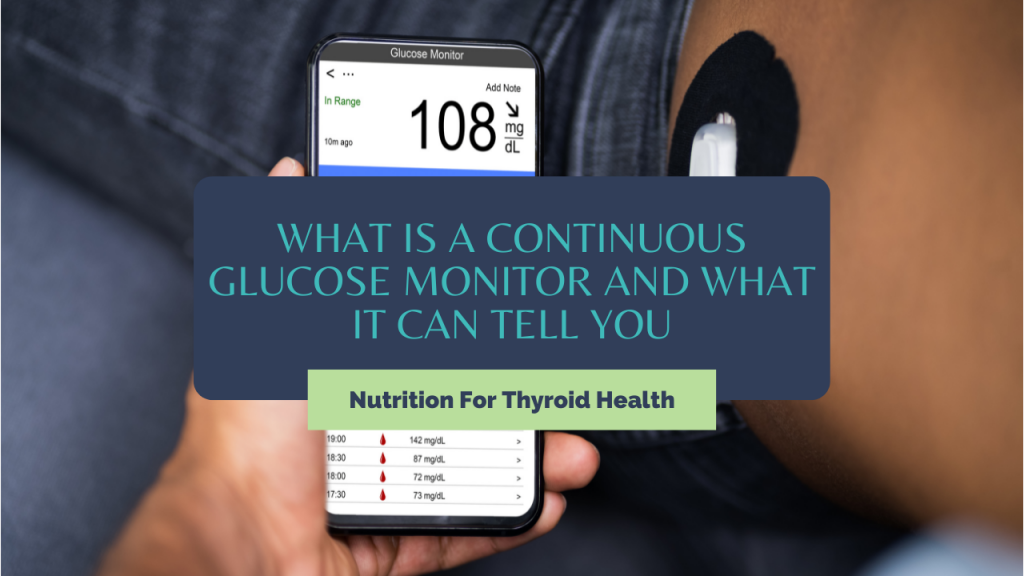8 Reasons Your Fatigue Could Be Thyroid Related
You’re not feeling like yourself. In fact, you’re feeling downright exhausted and it’s impacting your daily life. You might think that you’re just going through a phase or that you need more sleep, but what if your fatigue is actually being caused by your thyroid?
1) Poor Mood
One of the first signs that your fatigue could be thyroid related is if you find yourself in a constant bad mood. If you’re feeling irritable, anxious, or even depressed for no reason, it could be due to an imbalance in your hormones.
2) Feeling Cold
Another early sign of thyroid problems is feeling cold all the time, even when others around you are comfortable. This is because an underactive thyroid can cause your body temperature to drop.
3) Weight Loss Resistance
If you’re eating right and exercising but still not seeing any results on the scale, it could be due to a thyroid imbalance. An underactive thyroid can make it harder to lose weight, even when you’re doing everything right.
4) Hair Loss
Thyroid problems can lead to hair loss, which can further contribute to feeling tired and run down. If you notice that you’re losing more hair than usual, it’s worth checking in with your doctor.
5) Fatigue
Feeling fatigued all the time is one of the most common symptoms of thyroid problems. If you find yourself struggling to get through the day or falling asleep more often than not, it’s likely due to an imbalance in your thyroid hormone levels.
6) Imbalanced Hormones
One of the most common causes of fatigue is an imbalance in your hormones. This can be due to a number of different factors, but if you find that your energy levels are constantly fluctuating or that you’re feeling more tired than usual, it’s worth checking in with your doctor to see if your hormone levels are off.
7) Gut Issues
Another common cause of fatigue is gut problems. If you’re struggling with digestive issues like constipation or diarrhea, it can lead to feeling exhausted. This is because your gut health is directly linked to your overall health and well-being.
8) Pain
Lastly, pain can also be a sign of thyroid problems. If you’re constantly dealing with headaches, body aches, or fatigue, it’s worth checking in with your doctor to see if your thyroid could be the culprit.
We Can Do This Together
If you’re struggling with fatigue, it’s important to check in with a Certified Nutrition Specialist to rule out any underlying health issues. Thyroid problems are a common cause of fatigue, so if you’re experiencing any of the above symptoms, it’s worth getting checked out. Early diagnosis and treatment is key to managing thyroid problems and keeping your energy levels up. Check out below a few of my options to get you started on your journey to improve your health and regain your energy.
My Free 7 Meal Plan
There are 3 main health issues that affect how the thyroid functions. These include stabilizing blood sugar, managing stress, and balancing hormones. Grab my free 7-day meal plan and you’ll get an introduction to eating balanced meals and snacks that will have an impact on all 3 of these issues.
If you want to learn more about Thyroid Dysfunction and how it may be affecting your life, Schedule a Free Thyroid Breakthrough Session with me.
Let’s Connect!
Say goodbye to fatigue and hello to a full and vibrant life! Join me over in my Facebook group where we are talking all about how to take back control of your health!
Be sure to follow me on my Facebook, TikTok, Instagram and Pinterest for tips and tricks on how to use nutrition to live your very best life!
8 Reasons Your Fatigue Could Be Thyroid Related Read More »





